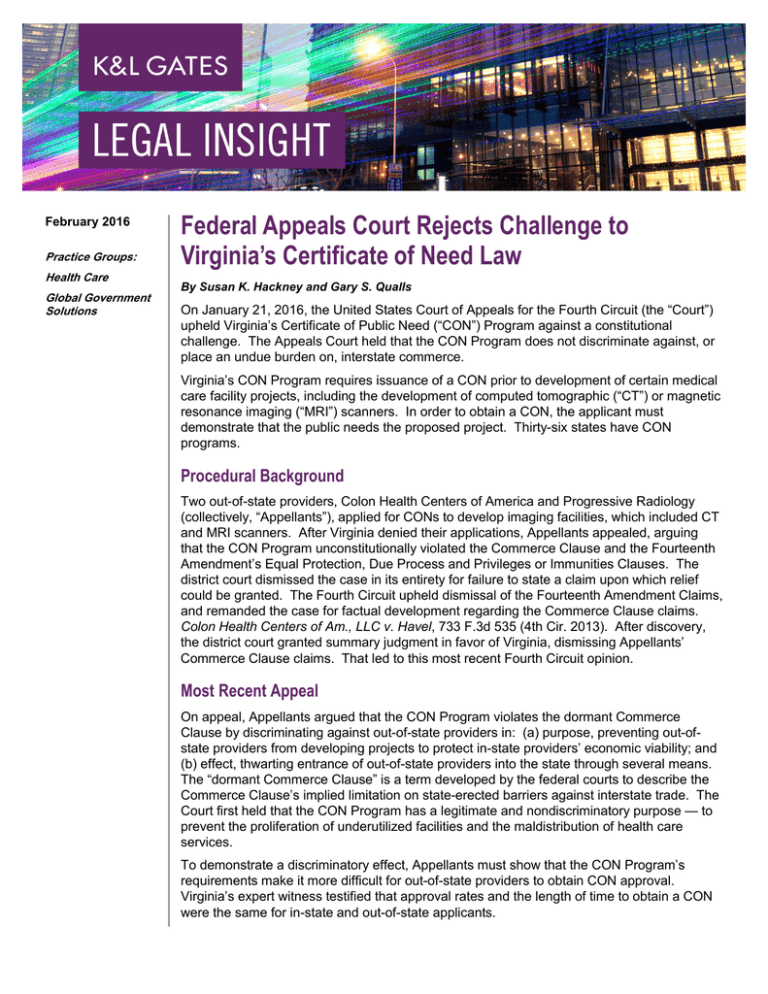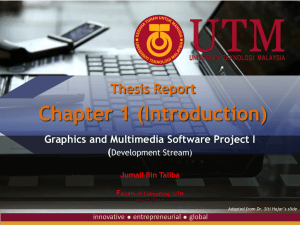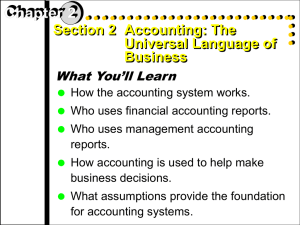Federal Appeals Court Rejects Challenge to Virginia’s Certificate of Need Law
advertisement

February 2016 Practice Groups: Health Care Global Government Solutions Federal Appeals Court Rejects Challenge to Virginia’s Certificate of Need Law By Susan K. Hackney and Gary S. Qualls On January 21, 2016, the United States Court of Appeals for the Fourth Circuit (the “Court”) upheld Virginia’s Certificate of Public Need (“CON”) Program against a constitutional challenge. The Appeals Court held that the CON Program does not discriminate against, or place an undue burden on, interstate commerce. Virginia’s CON Program requires issuance of a CON prior to development of certain medical care facility projects, including the development of computed tomographic (“CT”) or magnetic resonance imaging (“MRI”) scanners. In order to obtain a CON, the applicant must demonstrate that the public needs the proposed project. Thirty-six states have CON programs. Procedural Background Two out-of-state providers, Colon Health Centers of America and Progressive Radiology (collectively, “Appellants”), applied for CONs to develop imaging facilities, which included CT and MRI scanners. After Virginia denied their applications, Appellants appealed, arguing that the CON Program unconstitutionally violated the Commerce Clause and the Fourteenth Amendment’s Equal Protection, Due Process and Privileges or Immunities Clauses. The district court dismissed the case in its entirety for failure to state a claim upon which relief could be granted. The Fourth Circuit upheld dismissal of the Fourteenth Amendment Claims, and remanded the case for factual development regarding the Commerce Clause claims. Colon Health Centers of Am., LLC v. Havel, 733 F.3d 535 (4th Cir. 2013). After discovery, the district court granted summary judgment in favor of Virginia, dismissing Appellants’ Commerce Clause claims. That led to this most recent Fourth Circuit opinion. Most Recent Appeal On appeal, Appellants argued that the CON Program violates the dormant Commerce Clause by discriminating against out-of-state providers in: (a) purpose, preventing out-ofstate providers from developing projects to protect in-state providers’ economic viability; and (b) effect, thwarting entrance of out-of-state providers into the state through several means. The “dormant Commerce Clause” is a term developed by the federal courts to describe the Commerce Clause’s implied limitation on state-erected barriers against interstate trade. The Court first held that the CON Program has a legitimate and nondiscriminatory purpose — to prevent the proliferation of underutilized facilities and the maldistribution of health care services. To demonstrate a discriminatory effect, Appellants must show that the CON Program’s requirements make it more difficult for out-of-state providers to obtain CON approval. Virginia’s expert witness testified that approval rates and the length of time to obtain a CON were the same for in-state and out-of-state applicants. Federal Appeals Court Rejects Challenge to Virginia’s Certificate of Need Law Rejecting Appellants’ argument that the CON Program favors incumbent providers, the Court held that any incumbency bias is not a surrogate for negative impact on out-of-state providers under the dormant Commerce Clause. To do so would unfairly favor out-of-state providers by comparing new out-of-state providers against a combination of previously approved out-of-state and in-state providers. That would result in an inaccurate comparison. The Court also held that the CON Program does not place an undue burden on out-of-state providers. Using a rational basis test, the Court found that Virginia’s CON Program served legitimate interests such as: improving health care quality; providing underserved populations access to medical care; increasing geographical distribution of health care services; and offsetting non-profitable hospital services with revenue from profitable services. Therefore, the Court held that, although Appellants may quarrel with the Legislature’s policy choices, Virginia’s CON Program is, indeed, constitutional. Authors: Susan K. Hackney susan.hackney@klgates.com +1.919.466.1195 Gary S. Qualls gary.qualls@klgates.com +1.919.466.1182 Anchorage Austin Fort Worth Frankfurt Orange County Beijing Berlin Harrisburg Palo Alto Paris Boston Hong Kong Perth Brisbane Houston Pittsburgh Brussels London Portland Charleston Los Angeles Raleigh Charlotte Melbourne Research Triangle Park Chicago Miami Dallas Milan San Francisco Doha Newark São Paulo Dubai New York Seattle Seoul Shanghai Singapore Sydney Taipei Tokyo Warsaw Washington, D.C. Wilmington K&L Gates comprises approximately 2,000 lawyers globally who practice in fully integrated offices located on five continents. The firm represents leading multinational corporations, growth and middle-market companies, capital markets participants and entrepreneurs in every major industry group as well as public sector entities, educational institutions, philanthropic organizations and individuals. For more information about K&L Gates or its locations, practices and registrations, visit www.klgates.com. This publication is for informational purposes and does not contain or convey legal advice. The information herein should not be used or relied upon in regard to any particular facts or circumstances without first consulting a lawyer. © 2016 K&L Gates LLP. All Rights Reserved. 2




